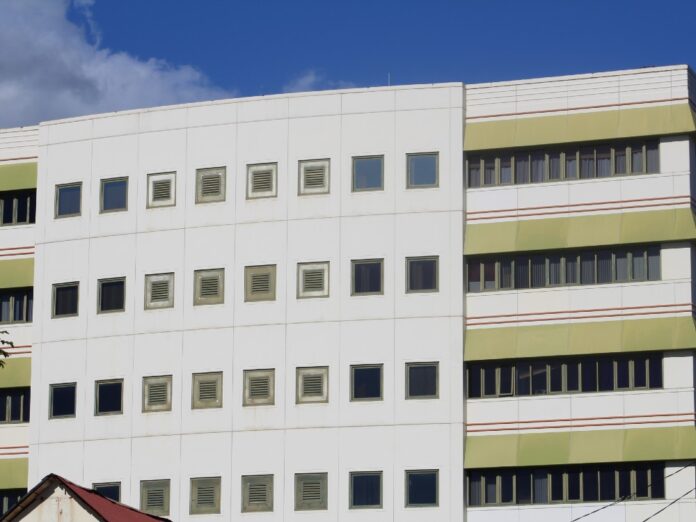

The International Monetary Fund (IMF) has predicted Dominica will record economic growth of five percent next year, despite the impact of the Coronavirus pandemic on tourism and related sectors.
The outlook is contained in its Concluding Statement released on December 3, 2021, following a virtual Article IV Mission to the island.
The IMF said Dominica’s growth outlook is promising, supported by the large public investment program and the projected gradual recovery in tourism with added hotel capacity. It said gross domestic product (GDP) is projected to reach pre-pandemic levels by 2023, averaging five percent growth per year through 2022-26.
“The government plans to maintain high levels of public investment into the medium term financed mainly by CBI revenue. Key projects include a new international airport, housing resilient to natural disasters, roads improvement, a resilient water and sewage network, improvements in the hospital capacity (including a new hospital financed by the People’s Republic of China), and a geothermal electricity plant.
“These projects will accelerate growth in the near term during the construction phase and will also increase potential output in the long term—including spillovers in tourism and reduction of fossil fuel dependency, all of which improve Dominica’s external sustainability and competitiveness,” the report stated.
According to the report, tourism recovery would be bolstered by the ongoing construction of new hotels and the inauguration of direct flights from the United States in December 2021.
But the IMF noted that risks include renewed worldwide and domestic COVID-19 contagion waves leading to loss of tourism revenue and forcing lockdowns and mobility restrictions; a decline in the Citizenship by Investment (CBI) revenue below expectations; and insufficient progress on local vaccination due to continued hesitancy.
To offset these risks, the IMF recommended that government maximize the effort to increase vaccination, which is critical from health and economic recovery perspectives, and reallocate the windfall of CBI revenue to balance public investment with government financial resilience and debt sustainability.
“Thus far, the authorities have used the majority of CBI revenue to invest in infrastructure resilient to natural disasters. This is understandable considering Dominica’s significant exposure. Moreover, the improvements in infrastructure in the public investment plan are important and expected to boost potential output—especially with resilient investments in roads, electricity
generation, a new hospital, and the water and sanitation network.
“The authorities should also reconsider the allocation of a portion of CBI revenue to build an insurance framework against natural disasters and debt reduction,” the IMF stated.
It said the financial sector has remained liquid and stable during the pandemic, but priority should be given to the capitalization of credit unions and the reduction of non-performing loans (NPLs).
The Washington-based financial institution also recommended that the Roosevelt Skerrit administration maintain progress on institutional fiscal reforms, strengthen the public debt sustainability outlook, and support the achievement of regional debt targets. The IMF noted that with public debt approaching 106 percent of GDP after the pandemic, the passage of the Fiscal Responsibility Bill will support public debt reduction and the sustainability of the government development plan.

